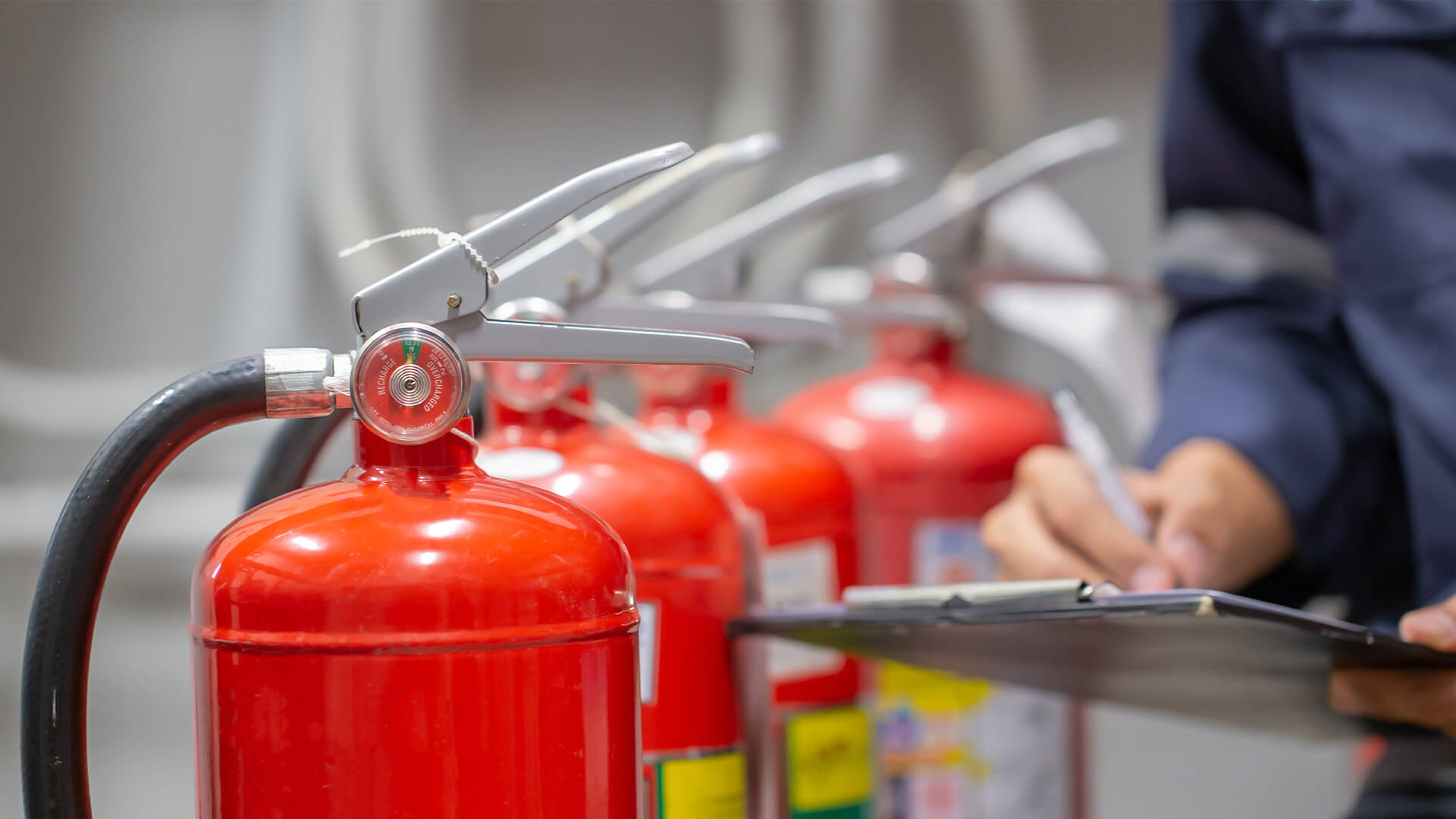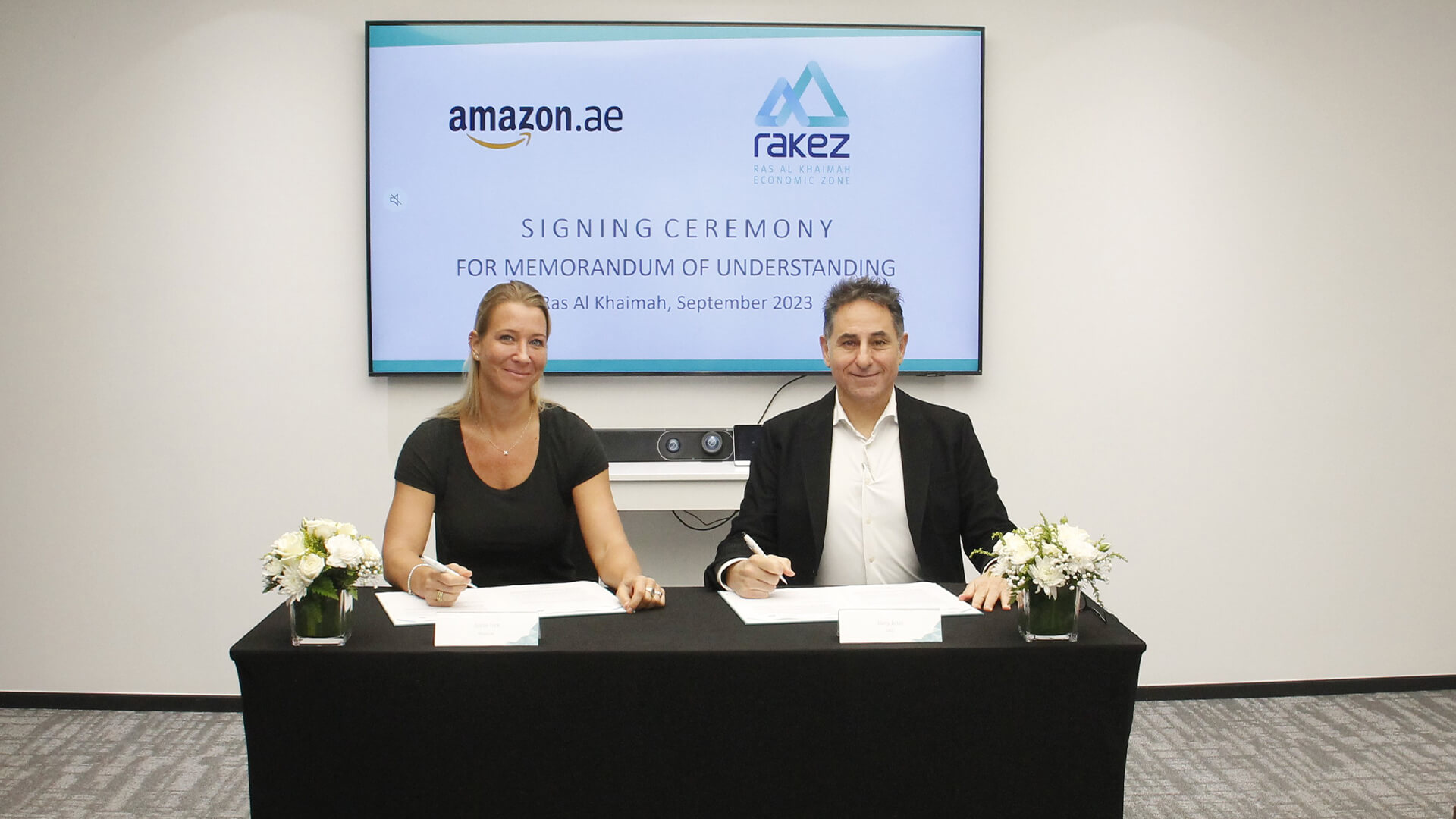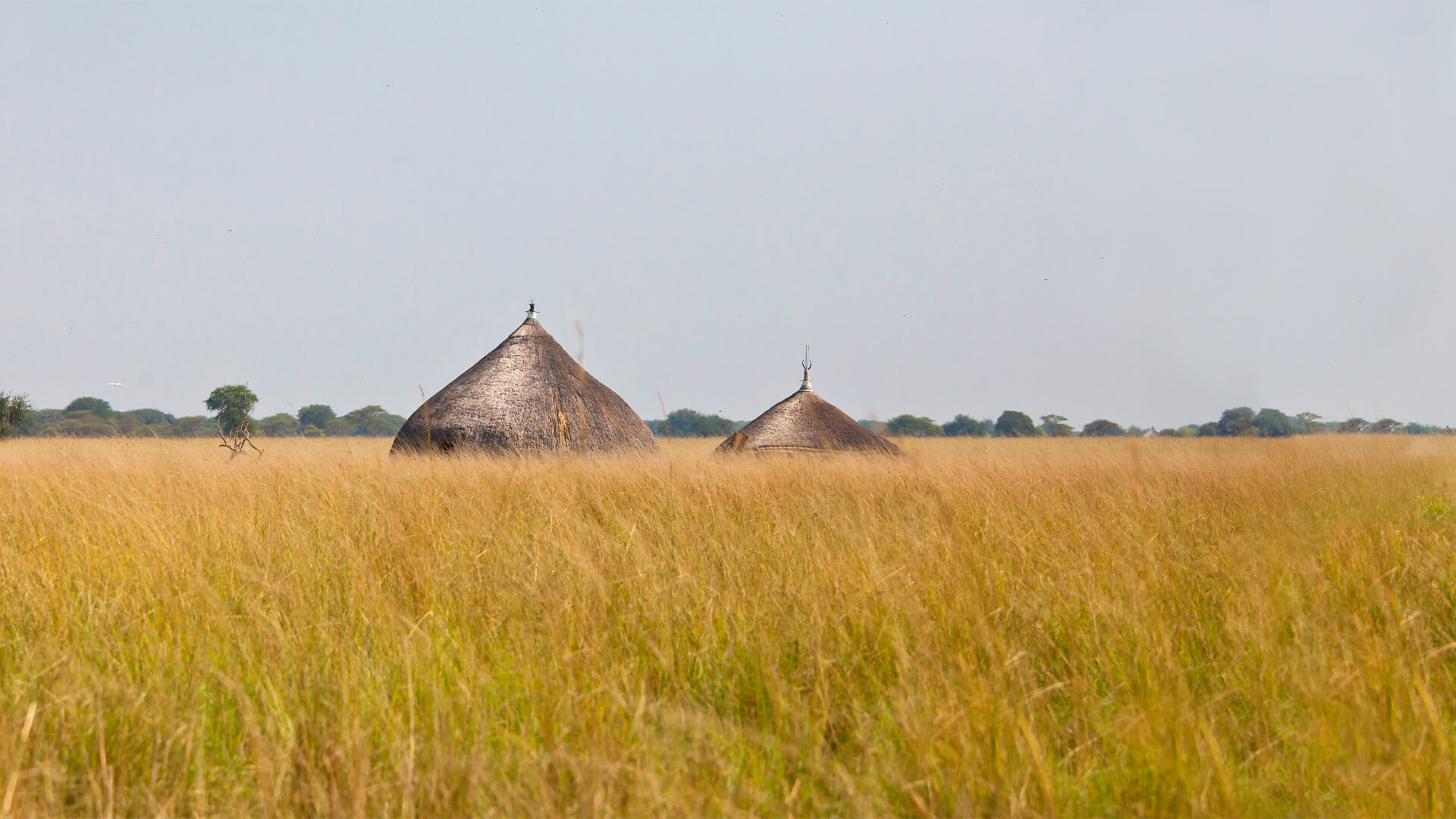
- Launched in 2022 by the Swiss private bank Arab Bank Switzerland, the Prize is the first award by a major institution to recognize and celebrate digital artists in the NFT space.
- The jury, presided by Claire Silver, includes Dave Krugman, William Mapan, Marjan Moghaddam, Nicolas Gonet, and Rani Jabban.
- The call for applications of this second edition will open on the theme “Journey(s) in Art: Pushing the Boundaries”’ on January 15, 2024 and will run for two months, offering the winning artist(s) the chance to gain a 15,000CHF prize and visibility opportunities across the globe.
After the successful launch of the world’s first Digital Art Prize recognizing NFT artists in January 2023, the private bank Arab Bank Switzerland, patron of the arts and pioneer in digital assets, continues to bridge traditional and digital worlds. This second edition further establishes the Prize as a staple in the digital art field, and sees major creators joining the jury in its quest for the next rising digital artist.
The jury will comprise of:
- Claire Silver, President of the second ABS Digital Art Prize, is an anonymous Artificial Intelligence artist renowned for exploring themes of innocence, trauma, the hero’s journey, and how our view of them will change in an increasingly transhumanist future. Claire’s art can be found in the collection of the LACMA, has been sold at Sotheby’s and Christie’s, and has been exhibited all over the world.
- Dave Krugman is a New York based Photographer and founder of ALL SHIPS, a creative community gathering artists and creatives. His photography is rooted in the idea that beauty lies at the confluences of certain circumstances, to be uncovered and brought to light by careful observation and well-practiced technique.
- William Mapan, based in Paris, is regarded as one of the most talented generative artists of his generation. William’s ability to convey emotions through code remains unseen. His abstract digital paintings, renowned for their unique interplay of color and texture, evoke tangible emotions as though created from traditional materials like paint, charcoal and graphite.
- Marjan Moghaddam, Winner of the first, 2023 ABS Digital Art Prize, is a leading female 3D artist and OG Crypto Artist exhibiting animation, print, sculpture, installation, and AR/VR. She has been exhibited in prestigious galleries and museums, including the Smithsonian and is a Tenured Professor of Digital Art in Brooklyn.
Completing the jury for the second time are Rani Jabban, Managing Director of Arab Bank Switzerland and Nicolas Gonet, Board Member of Gonet & Cie and Arab Bank Switzerland.
Rani Jabban, Managing Director of Arab Bank Switzerland, added: “We’re proud to be joined by prestigious artists and collectors from the digital art world for the second consecutive year, a reflection of the confidence and importance of this Prize in the space.”
The call for application will start on 15th January until the 15th March 2024, and will need to be related to the theme “Journey(s) in Art, Pushing the Boundaries”. This creation, a unique piece, will be minted on the occasion or will have already been minted (eth or tezos) in 2023 or 2024 and still in the possession of the artist.
After a pre-selection and deliberation phase, the jury will announce and celebrate the winner of this second edition during the Non Fungible Conference in Lisbon. In addition to a Prize of 15,000 CHF and being included in the Arab Bank Switzerland’s Digital Art Collection, the winner will be offered significant networking and visibility opportunities at special events around the world.











